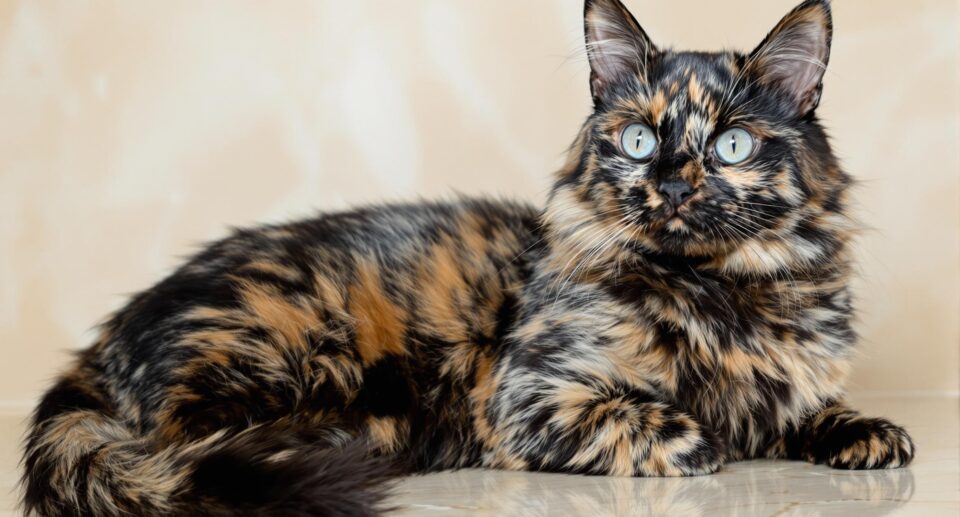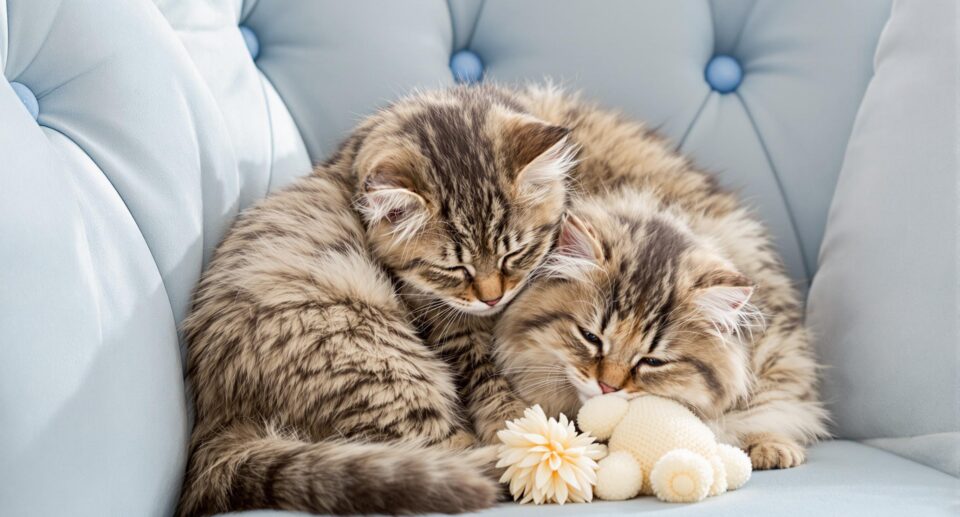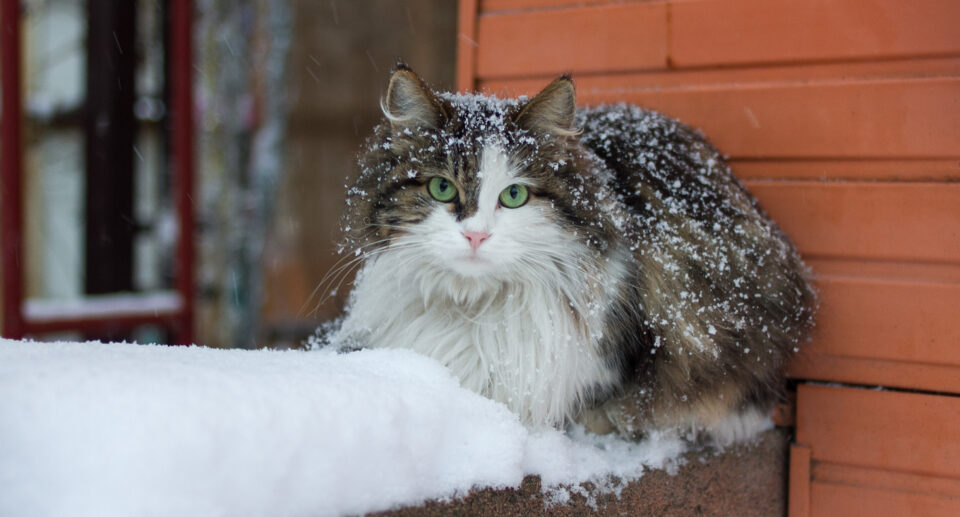What Makes Torties Special? 7 Lucky Facts About Tortoiseshell Cats

If you’ve been lucky enough to meet or even be owned by a tortoiseshell cat, you know just how stunning their beauty can be. With a striking coat made up of orange and black markings, no two torties are alike, and they have a unique paw-sonality that’s sure to captivate everyone they meet.
In honor of National Tortoiseshell Cat Appreciation Day on April 17, learn just why these brindle beauties are called the divas of the cat world.
- Yes, they’re named after tortoise shell jewelry. The tortoiseshell cat gets her name from her orange and black coat, which can resemble antique jewelry and glasses frames that were once made of hawksbill turtle shells. Nowadays, tortoiseshell patterned fashions are made from synthetic materials, rather than real turtles, but are still considered refined and elegant, just like our feline friends.
- Some torties are their own twin. There are two primary types of tortoiseshell coat variations – mosaic and chimera. Mosaic tortoiseshell cats may have large patches or sprinkles of color throughout, usually in black and orange, but sometimes in dilute gray and light orange colors. A chimera cat has a distinct “split” facial marking. This half-and-half look comes from a phenomenon known as chimerism, when a fetal kitten absorbs their sibling in the womb. The result is a cat that has two types of DNA, which can present as dramatic markings that look like two different cats when viewed from either side.
- Almost all torties are female. Just one in every 3000 tortoiseshell cats are female. This is because the gene that controls coat color only exists on the X chromosome. Female cats have two X chromosomes, while male cats have the XY chromosome. The rare male tortie may be a chimera, or they may have Klinefelter syndrome, in which they actually have XXY chromosomes. Cats with XXY chromosomes are sterile males that may have a feminine side – they tend to look after orphaned kittens and can have related health complications like thin bones and increased body fat.
- Torties bring good luck. Tortoiseshell cats, with their beguiling looks, have inspired myths and lore throughout the world. They’re said to ward off evil spirits, bring their owners luck and good fortune, and may even attract romantic partners. While torties don’t actually seem to bring their pet parents tons of cash, they do bring plenty of love to go around.
- Torties are known for their mystical healing powers. According to English folklore, a wart could be healed if rubbed against the tail of a male tortie during the month of May. While this might not be true, like all cats, torties can help relieve stress and may even promote healing with the vibrations of their purring
- Torties have “tortie-tude” According to vets, groomers, and tortie parents, tortoiseshell cats are known to have an independent, temperamental, and highly energetic personality. This might be because the majority of them are female cats, which are known to be slightly less affectionate and more independent than males – or maybe they know they’re so pretty that they can get away with bringing a little extra cat-ittude.
- There’s a tortie looking for a home near you. Tortoiseshell is a coat pattern, not a specific breed. It’s found across many types of cats including Maine Coons, Persians, Cornish Rexes, Ragamuffins, and of course, domestic shorthair and long hair cats that you can adopt at a cat rescue or animal shelter near you.
VISION
Every pet deserves to live a long, happy, healthy life.





